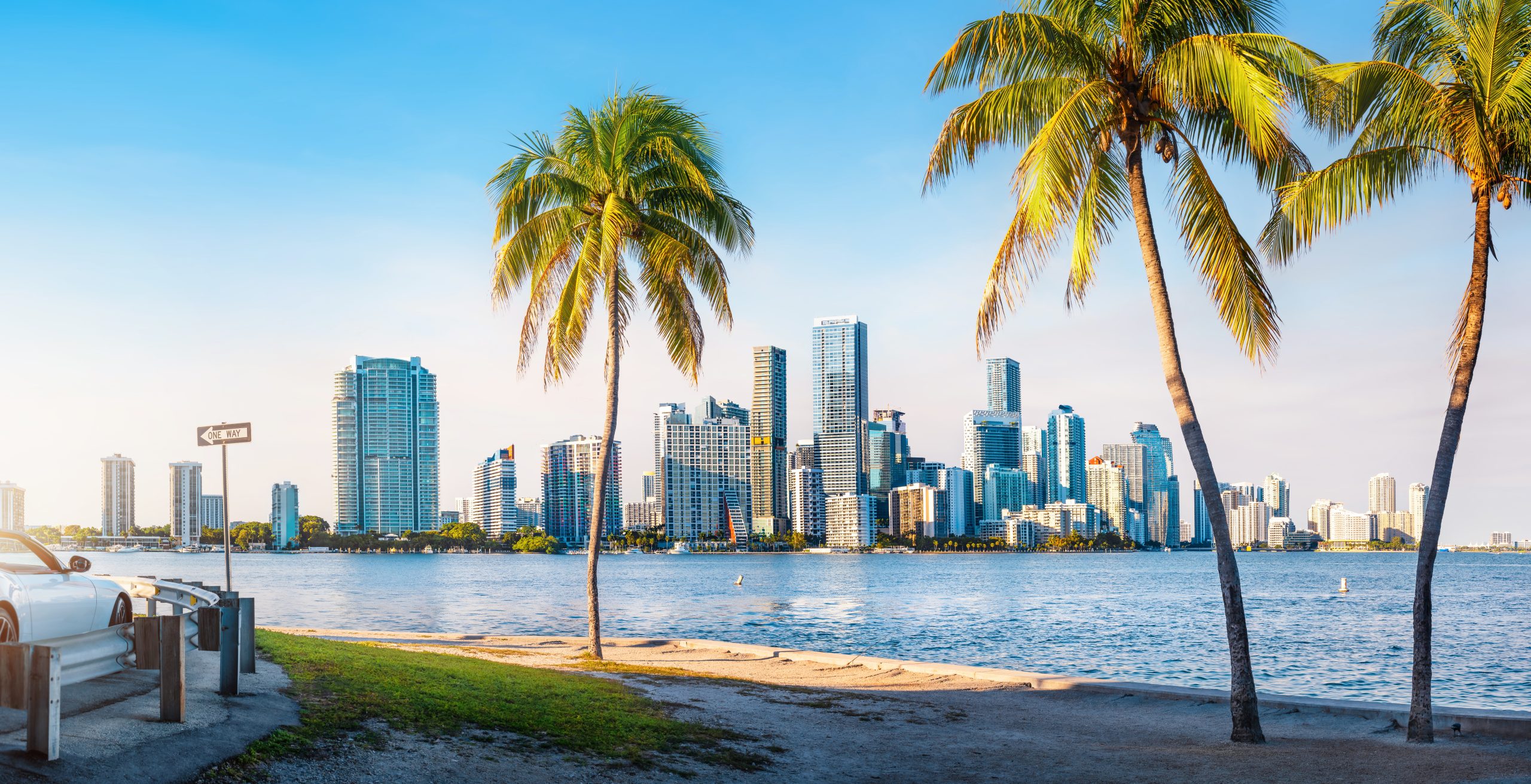Code of practice governing the advertising & sales of soft drinks to children
The European non-alcoholic drinks industry is set to implement a code of practice to govern the advertising and sales of soft drinks to children
The European non-alcoholic drinks industry is set to implement a code of practice to govern the advertising and sales of soft drinks to children. The Financial Times today reported that soft-drink producers were in the process of finalising a code for European sales and advertising to children. The stricter self-regulation is a result of fears over increasing childhood obesity.
The code is being finalised by UNESDA, (Union of European Beverages Associations) which includes PepsiCo and Coca-Cola. This move toward voluntary self-regulation is apparently an attempt to avoid legislation being imposed upon the industry. Laws were passed in some American states last year to regulate the kinds of drinks available in school vending machines, leading to a similar, nationwide code of practice.
At the end of last year the European Commission adopted a green paper on healthy diets and obesity, together with a public consultation about related issues. The paper expresses concern about rising childhood obesity. It states that the number of overweight children in the EU is rising by 400,000 a year, and refers to obesity as an epidemic.
Partner Content
The public consultation, which ends on the 15th of March, asks questions about whether self-regulating codes are, “an adequate tool for limiting the advertising and marketing of energy-dense and micronutrient poor foods,” and for suggestions should self-regulation fail.
Soft drinks companies argue that obesity is not just caused by soft drinks. The British Soft Drink Association claims that, “soft drinks play a positive role in a balanced diet,” and that the number of soft drinks sold in the , “that contain reduced or zero calories is continually increasing and is now over 60%.” db January 2006




